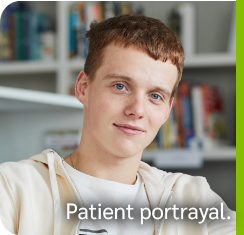
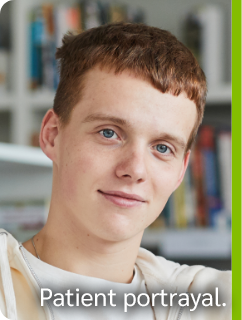
Ornithine Transcarbamylase (OTC) Deficiency
Find an OTC study
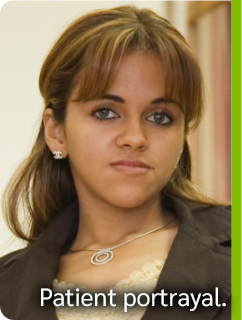
Osteogenesis Imperfecta (OI)
Find OI studies
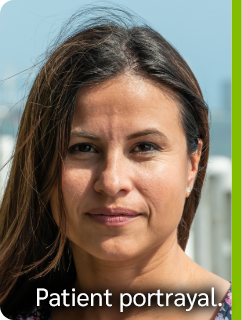
Wilson Disease (WD)
Find a WD study

Angelman Syndrome (AS)
Find a AS study
Our PEL team is relentlessly focused on providing new hope and transforming lives for patients, their families, and caregivers in the rare and ultrarare disease community.
If you are considering taking part in clinical or nonclinical research, you probably have questions. Our dedicated team of experienced research professionals, called PELs, are here to support you, your family, and caregivers by providing answers and guidance throughout the referral process.
Every study is unique, and not everyone who wishes to take part in a certain study may qualify. However, our PEL team may be able to assist to navigate depending on where you live. They may guide you (and/or your caregiver) in discovering whether a specific study may be right for you or your loved one.
Our team looks forward to helping you begin your research journey.
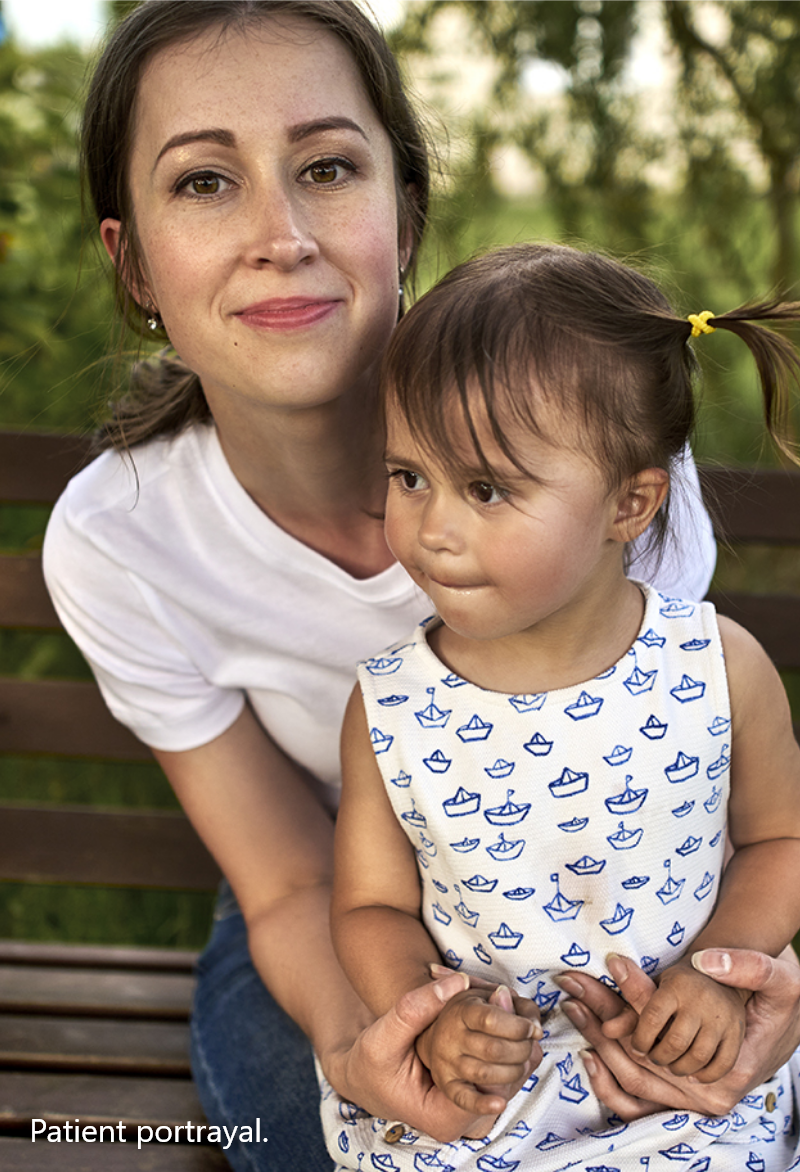
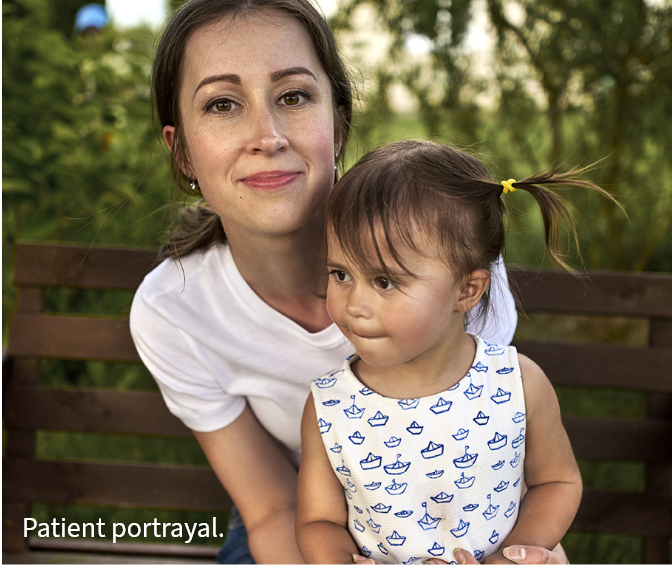
When you choose to participate in research, you should know that no effort is wasted, and every effort is appreciated. Some people wonder if a simple activity or even a one-time action might truly make an impact. The truth is that every action helps make a difference, and participation matters. This is especially true for rare diseases. Researchers count on you and others like you to help the development of treatment move forward.
People volunteer for clinical or nonclinical research for a variety of reasons. Some may want to learn more about their medical condition or gain early access to a specific treatment. Others may want to make a positive contribution to the rare disease community.
While some types of research might be simple, other types of research may be more involved. Without the individuals who volunteer to participate, the race to find a cure or improved treatment would be in limbo. Advancements are possible because of dedicated individuals and a community focused on positive change.
Research can be clinical or nonclinical and is also referred to as interventional or observational studies.

Patients try a potential/investigational treatment, medical device, activity, or medical procedure. This type of study aims to evaluate whether a potential treatment will be safe and effective.
For example, a patient might take a new medication, and the effects are analyzed over time.

Potential treatments aren’t examined; rather, a behavior or action is observed. With these studies, researchers explore how patients perform certain behaviors without trying to change or influence them.
For example, a person could fill out an online survey, and this could provide valuable data that may help advance future care.
We are committed to advancing innovative treatments, providing access to those in need, and supporting the larger rare disease community.

treatments where no sufficient treatment options exist.

for patients to have access to our therapies as soon as possible.
the rare disease community.
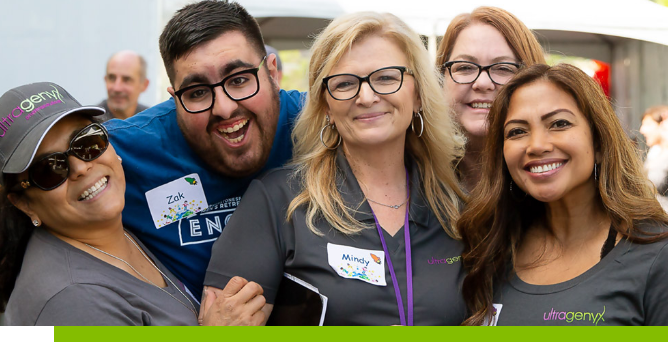
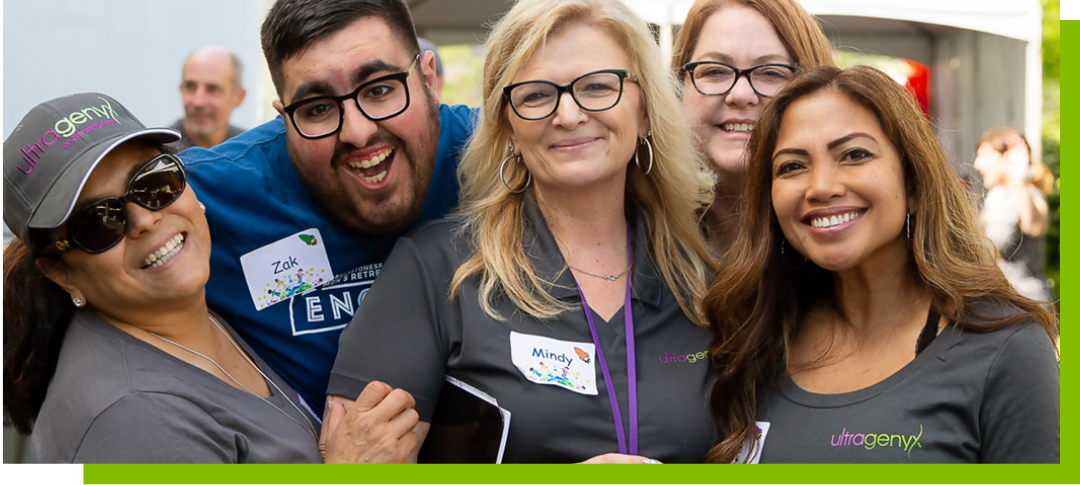
The rare community is made up of millions of unique experiences. But shared experiences, common challenges, similar passions, and united voices tie everyone in it together. Meet members of the rare community, access educational materials, find support, and more.
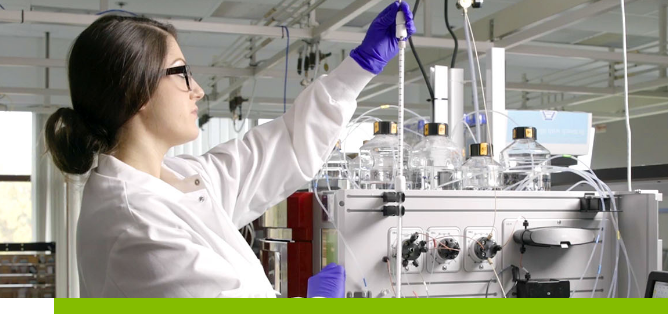
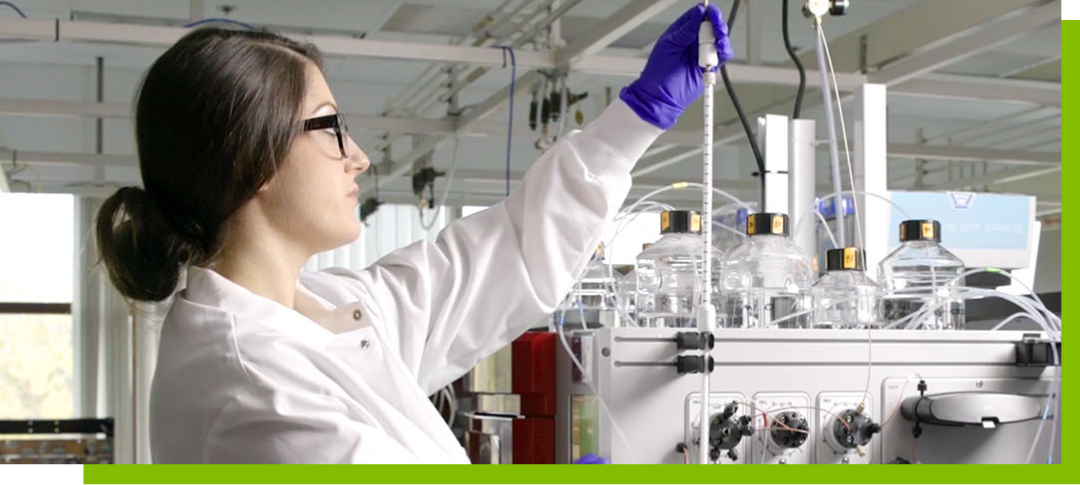
Ultragenyx is dedicated to improving life for people with rare and ultra-rare diseases, and their family and caregivers, through the creation and discovery of much-needed therapies. Our advanced clinical development programs cover multiple rare disease therapeutic areas and drug modalities.
Ultragenyx is not responsible for the content or privacy policies of third-party websites outside of its control. Content from Ultragenyx Patient Advocacy (ultrarareadvocacy.com) is intended for a U.S. patient and caregiver audience. Content from the Ultragenyx corporate website (ultragenyx.com) is intended for investors and the general public within the U.S. The information provided on these Ultragenyx sites may not apply to your country. Please contact your physician to learn more about these topics. Thank you for visiting our Clinical Trial site. We hope your visit was informative and enjoyable.
Do you wish to continue?